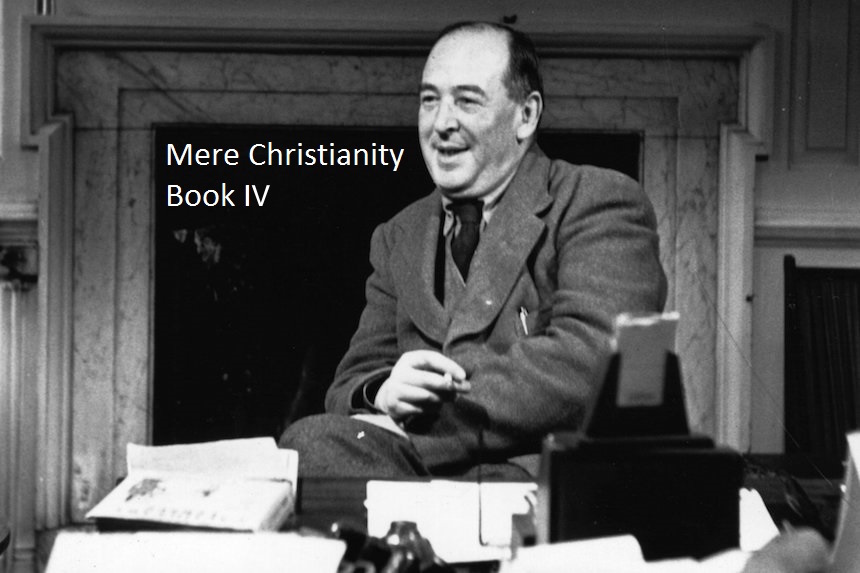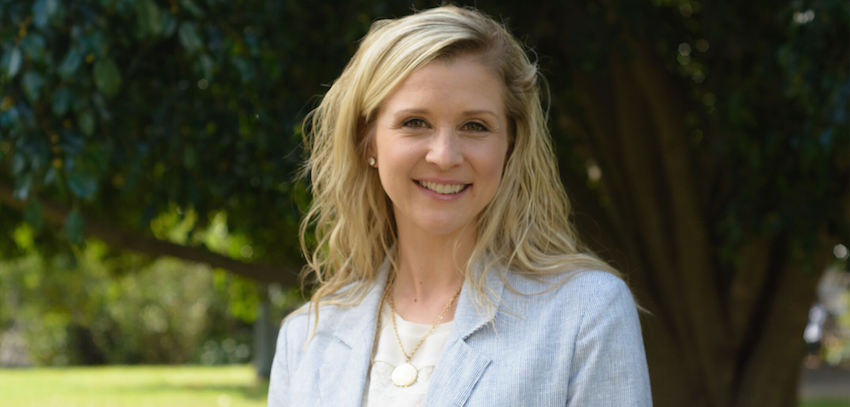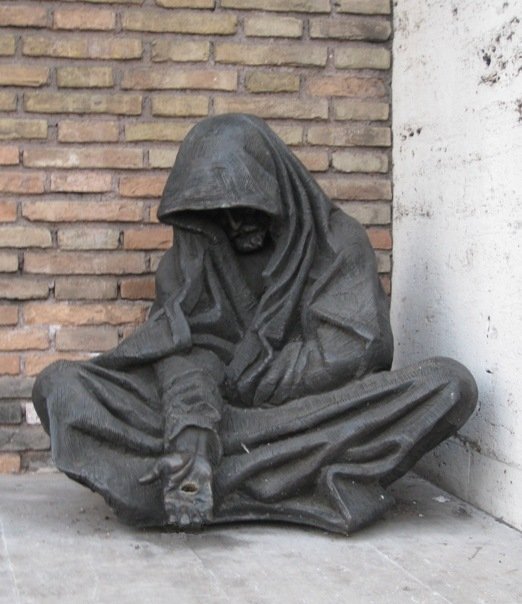
Continuing my notes for Book IV of C.S. Lewis’ “Mere Christianity”…
1. Begin with a thought experiment
(a) Imagine two books on top of one another
“I begin this chapter by asking you to get a certain picture clear in your minds. Imagine two books lying on a table one on top of the other… It is because of the underneath book that the top one is resting, say, two inches from the surface of the table instead of touching the table. Let us call the underneath book A and the top one B. The position of A is causing the position of B”
(b) and imagine that these two books have been like this forever
“…let us imagine that both books have been in that position for ever and ever. In that case B’s position would always have been resulting from A’s position. But all the same, A’s position would not have existed before B’s position. In other words the result does not come after the cause”
2. When we speak about the different persons of the Trinity, it can sound like some existed before others…
“…as soon as I begin trying to explain how these Persons are connected I have to use words which make it sound as if one of them was there before the others”
(a) It makes sense to speak of Father and Son since one “begets” the other
“The First Person is called the Father and the Second the Son. We say that the First begets or produces the second; we call it begetting, not making, because what He produces is of the same kind as Himself. In that way the word Father is the only word to use”
(b) However, this suggests that the father exists before the son
“But unfortunately it suggests that He is there first – just as a human father exists before his son. But that is not so. There is no before and after about it. And that is why I have spent some time trying to make clear how one thing can be the source, or cause, or origin, of another without being there before it. The Son exists because the Father exists: but there never was a time before the Father produced the Son”
(c) Compare the act of imagination and the mental picture which “results” from it
“I asked you just now to imagine those two books, and probably most of you did. That is, you made an act of imagination and as a result you had a mental picture. Quite obviously your act of imagining was the cause and the mental picture the result. But that does not mean that you first did the imagining and then got the picture. The moment you did it, the picture was there. Your will was keeping the picture before you all the time. Yet that act of will and the picture began at exactly the same moment and ended at the same moment. If there were a Being who had always existed and had always been imagining one thing, his act would always have been producing a mental picture; but the picture would be just as eternal as the act”
(d) It is similar with the Father and Son
“In the same way we must think of the Son always, so to speak, streaming forth from the Father, like light from a lamp, or heat from a fire, or thoughts from a mind. He is the self-expression of the Father – what the Father has to say. And there never was a time when He was not saying it.
(e) We must be careful with our images and stay close to the Scriptural language
“All these pictures of light or heat are making it sound as if the Father and Son were two things instead of two Persons. So that after all, the New Testament picture of a Father and a Son turns out to be much more accurate than anything we try to substitute for it. That is what always happens when you go away from the words of the Bible. It is quite right to go away from them for a moment in order to make some special point clear. But you must always go back. Naturally God knows how to describe Himself much better than we know how to describe Him. He knows that Father and Son is more like the relation between the First and Second Persons than anything else we can think of. Much the most important thing to know is that it is a relation of love. The Father delights in His Son; the Son looks up to His Father”
Read more



 Today I’d like to share the new single from Audrey Assad entitled “Deliverer”.
Today I’d like to share the new single from Audrey Assad entitled “Deliverer”.


